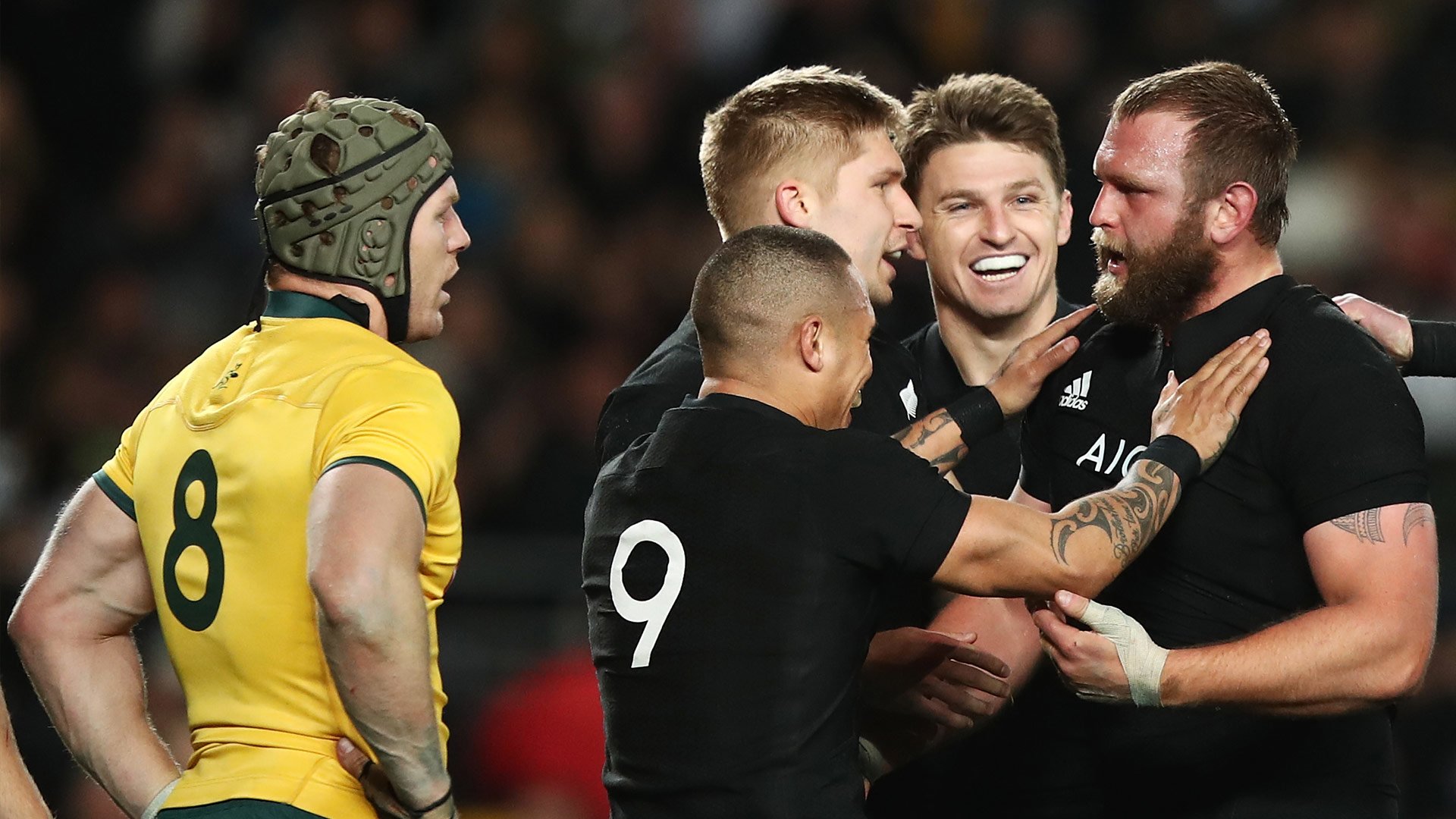Travel woes and homesickness could further curtail plans for Bledisloe matches in New Zealand

New Zealand Rugby could be facing further complications in sorting an international schedule for 2020.
International rugby remains heavily up in the air amid the Covid-19 pandemic, and pencilled-in Bledisloe Cup tests and a makeshift Rugby Championship are far from being confirmed.
NZR is continuing to navigate through a second coronavirus outbreak in the country, that has already impacted the North vs South clash, which has been confirmed for September 5 in Wellington with no spectators in attendance.
While the match going ahead is an overall win for rugby in New Zealand, the same level of optimism may not be applicable to matches involving the All Blacks, Wallabies, Springboks and Pumas.
October 10 and 17 have been slated as dates for Bledisloe tests, with the annual four-team southern hemisphere competition possibly taking place from November 7 and ending on December 12, in New Zealand.
https://www.instagram.com/p/CENgQBYA2oF/
Rugby Australia concede those dates could change should the quarantine periods have any impact on Christmas.
On top of location and health and safety obstacles to clear, players’ wellbeing will also be of utmost importance, and it is something the Wallabies are already preparing for.
The Sydney Morning Herald reports Wallabies staff will have video calls with individuals this week to ascertain their feelings around the coming months. It is believed the mental toll will be too much for some and result in them staying back.
In particular, Melbourne Rebels players will likely be looked at closely, with the franchise having been on the road for the entire Super Rugby Australia campaign so far.
It is two months to the day since the team had to leave their Victorian homes to take part in the country’s makeshift competition. Some players have been able to bring family members with them, while others are having to tough it out on their own.
New Zealand’s second outbreak aside, it would no doubt be the preferred destination for international teams, given Australia’s continual battle against the virus in a handful of states, most notably Victoria.
But that then creates an enduring travel schedule for Rebels players in the Wallabies, to end a year that has been unprecedented to say the least.
At this stage the All Blacks’ next matches are set to come next year, with a home series against Fiji and Italy slated for July.
RA hopes to confirm fixtures by the end of next week.
Queenstown has already been suggested as a potential hub for the Wallabies, Springboks or Pumas.
For New Zealand fans, the North vs South game going ahead is the start to an exciting few months domestically. The Farah Palmer and Mitre 10 Cups remain on track to kick off on September 5 and 12.










































































